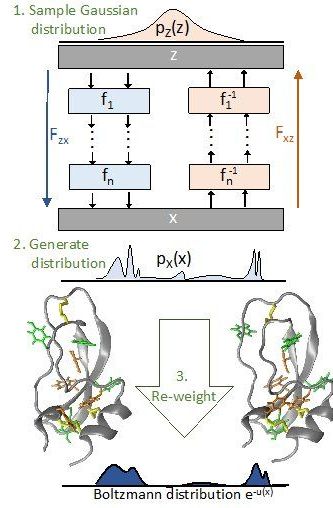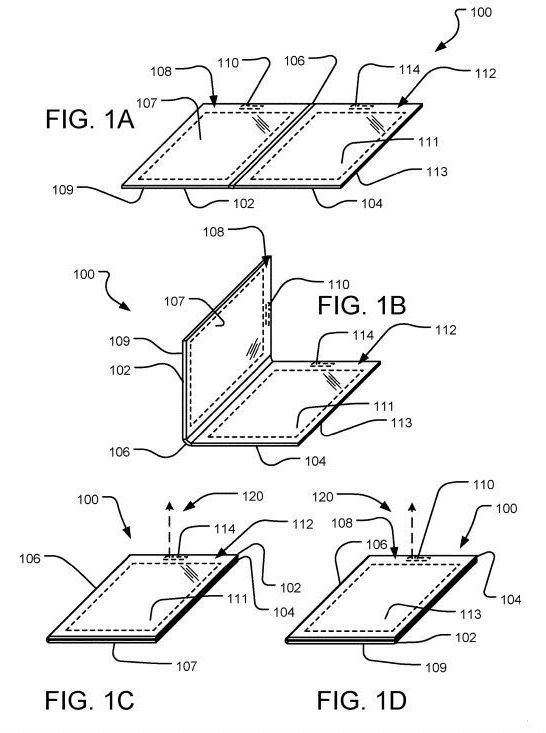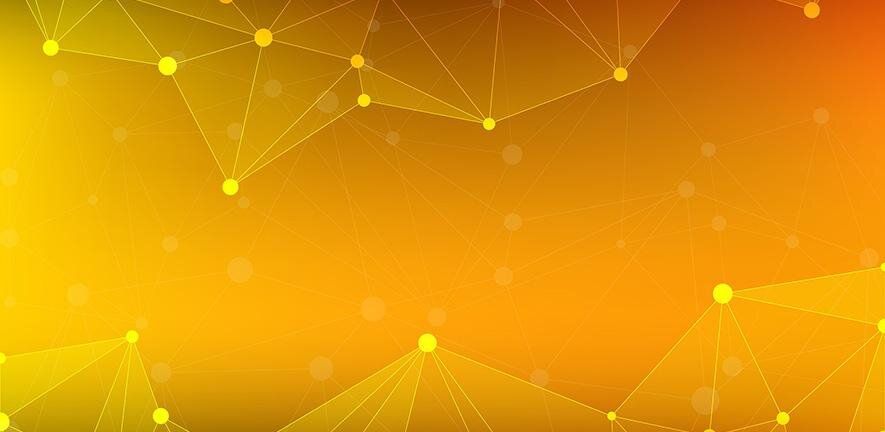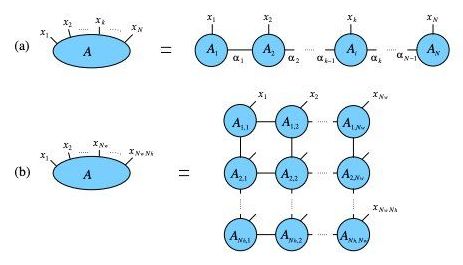A team of scientists at Freie Universität Berlin has developed an Artificial Intelligence (AI) method that provides a fundamentally new solution of the “sampling problem” in statistical physics. The sampling problem is that important properties of materials and molecules can practically not be computed by directly simulating the motion of atoms in the computer because the required computational capacities are too vast even for supercomputers. The team developed a deep learning method that speeds up these calculations massively, making them feasible for previously intractable applications. “AI is changing all areas of our life, including the way we do science,” explains Dr. Frank Noé, professor at Freie Universität Berlin and main author of the study. Several years ago, so-called deep learning methods bested human experts in pattern recognition—be it the reading of handwritten texts or the recognition of cancer cells from medical images. “Since these breakthroughs, AI research has skyrocketed. Every day, we see new developments in application areas where traditional methods have left us stuck for years. We believe our approach could be such an advance for the field of statistical physics.” The results were published in Science.
Statistical Physics aims at the calculation of properties of materials or molecules based on the interactions of their constituent components—be it a metal’s melting temperature, or whether an antibiotic can bind to the molecules of a bacterium and thereby disable it. With statistical methods, such properties can be calculated in the computer, and the properties of the material or the efficiency of a specific medication can be improved. One of the main problems when doing this calculation is the vast computational cost, explains Simon Olsson, a coauthor of the study: “In principle we would have to consider every single structure, that means every way to position all the atoms in space, compute its probability, and then take their average. But this is impossible because the number of possible structures is astronomically large even for small molecules.







